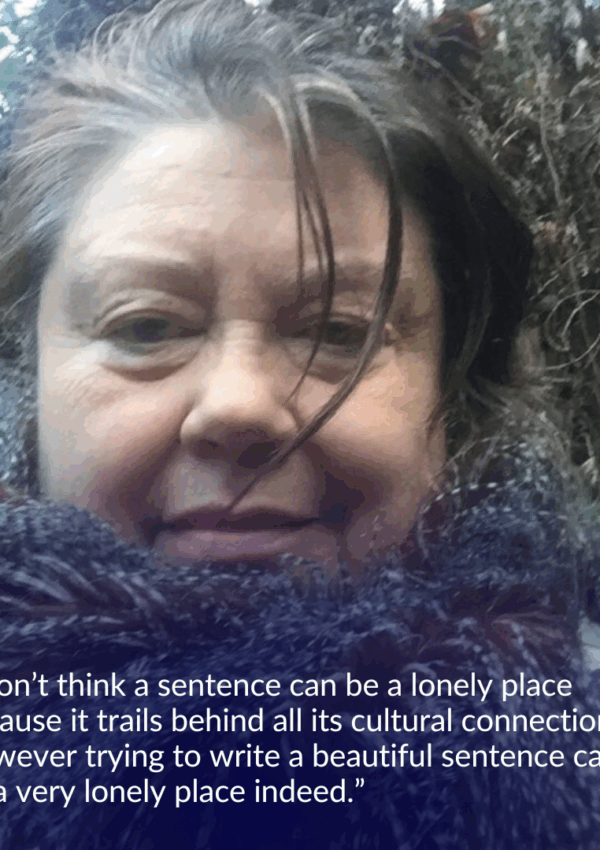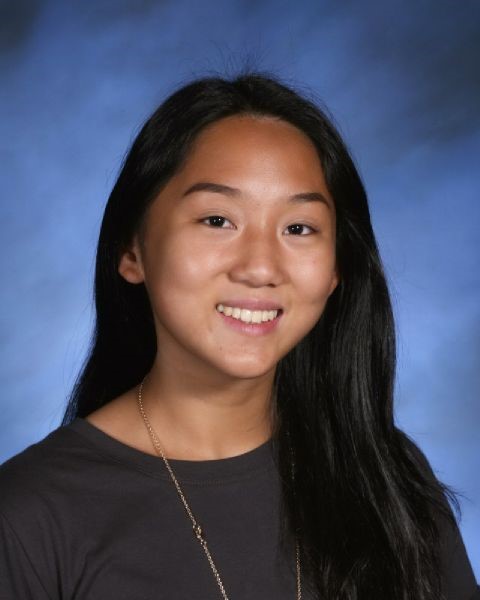Dear Heroes,
I want to start by saying thank you. Thank you for being there for me when I was a child with little else to find comfort in. When I was sick and stuck in bed, we passed through the Phantom Tollbooth and drove through the worlds of the Doldrums and Digitopolis. When my brother shunned me after knocking down all his X-Men, you offered me a sword to defend Redwall Abbey. I lived in Hogwarts with you and your friends when being “the new kid” wasn’t easy for me, and I survived WICKED’s maze after watching you puzzle your way out of a dystopian world. You all allowed me to turn hospital waiting rooms into futuristic worlds, and empty households into unexplored dungeons. You were all there to pull me into your pages and take me on adventures I’d never dreamed of, and for that—from the bottom of my heart—I thank you.
But you weren’t perfect. At least, not for me. And I think, deep down, you all knew that. I love to look back on our adventures, but hindsight is 20/20—and while you’ve all taught me lessons with each passing page, none of them ever included the one thing I didn’t know I craved: representation.
In 1995, the year I was born, about 4,500 books aimed at children and young adults were published. Of those 4,500, seventy of them were either by or about Latinos. Thousands of stories, and less than 100 featured me.
In 2015, white protagonists starred in 73% of those books. What demographic came in second? Talking animals and cars. The worlds I read about as a kid—your worlds—were ones I loved, but also ones that didn’t reflect the racial reality of the America I lived in.
They also failed to reflect a reality that I didn’t know I needed to see: an inclusive, LGBTQ reality. One percent of all young adult books published in the United States each year are LGBTQ books. Throughout the years, our culture has changed, but this number has not; it is static. I don’t bring these numbers up to shame you, dear heroes. I know that times were different during my childhood, and I know the difficulties that would have arisen for your authors to try and add this into your stories. But wasn’t there at least one of you who ever questioned themselves? Wasn’t there at least one of you caught in a love triangle, wishing for a third option? Wasn’t there one of you that walked through the castle grounds and saw two women holding hands? I have a bookshelf filled with dozens of universes and only one type of love. Your stories, dear heroes, normalized all kinds of bonds and friendships, but never other kinds of love. Your worlds did not reflect my own, and so I chose one to be right, and the other to be wrong. I chose yours to be where heroes were made, and mine to be where the others lived.
You see, I accepted the people and the realities of your worlds as something more concrete than my own—your world meant legends, battles, and extraordinary people, and mine meant, school, playground fights, and ordinary me. No matter how much I love you, I can’t ignore the holes in my imagination and identity that I unknowingly allowed you to fill with a perspective that wasn’t mine. You all taught me what stories were and what it meant to imagine my own worlds, but you never taught me that I could cast them any differently than yours. I wrote my own legends, but never filled them with my own people. I could give my characters curly hair, brown eyes—anything but brown skin, and it took me all the way until college to realize how much of a problem that was. You were the only heroes to ever spark my young imagination, and all I ever wanted to do was create new heroes that might be able to do the same for someone else. But to create a hero, I thought I had to follow a formula, and I drew it out from the only sources of success I’ve ever read: all of you. This formula meant white, it meant heterosexual, it meant cis, it meant animals—it never meant me.
I never saw any of you sit at the dinner table to eat rice and beans. I never saw your parents slice up avocados or cook with Adobo and Sazón. I never saw your older sister sneak off with her girlfriend, or your father kiss his husband after a long day of work. I never saw two girls battle side by side against the forces of evil and decide that their bond went deeper than friendship. I never saw you with dark skin. You never looked in the mirror after a long day at the beach, churning over the half jokes, half warning of friends and family to get out of the sun, to make sure you didn’t become “too tan.” You never pushed your fingers into your skin and admired your darkness, your difference, as I had tried to do as a kid.
In the moment, I’m sure it never made much difference—children don’t think about race too much, after all—but I can’t help wonder how my early stages of writing would have been different if I felt comfortable drawing characters from my own life. Would I have set my imaginary tables with pork baked in la china instead of sloppy joes or meat loaf? Would I have allowed my characters to explore the stirrings and safeness of holding a girl’s hand instead of sticking with the familiarity of a boy’s? By showing me worlds with only one race of hero and one type of love, I grew up to limit my own writing in the same way.
I don’t blame you all for statistics you could not control, nor do I blame you for filling up the empty spaces on my bookshelf. The problem is not that I read your stories instead of others; it is that I did not have the option to read others, as well. There is a reason that you all became the great protagonists that you are, and that reason is because you had a great story to tell. But being in a great story is not the only factor that brought all of you to my bookshelf. You were marketed better, given coveted space at my local library, and made to stand out when my mother allowed me those ten precious minutes to browse the book store aisles. Regardless of how great the evil you faced or the turmoil you endured, you were all privileged, and that privilege brought us together.
I do not regret meeting any of you. I do not regret the hours spent with a clip-on flashlight illuminating our conversations way past my bedtime, and I do not regret learning any of the lessons you all have taught me. I will always cherish you, my heroes. Always. But maybe the next time you find yourself in a bookstore, you can press your pages a little closer together and make some room for a lesser known title. Maybe on your next adventure, you can mention the people you meet that are a little more like me. You all have the power to change lives; that’s why you’re all heroes. Maybe it’s time you started putting a little more thought into how you change them.
Forever your fan,
Liza Carrasquillo
Sources:
“About the CCBC.” Ccbc.education.wise.edu. Cooperative Children’s Books Center, University of Wisconsin-Madison, n.d. Web. 22 Oct. 2016.
Horning, Kathleen T. “Publishing Statistics on Children’s Books about People of Color and First/Native Nations and by People of Color and First/Native Nations Authors and Illustrators.” Cbcc.education.wise.edu. Cooperative Children’s Books Center, University of Wisconsin-Madison, 11 Oct. 2016. Web. 22 Oct. 2016.
Lo, Malinda. “I Have Numbers! Stats on LGBT Young Adult Books Published in the U.S.” Malinda Lo. Malinda Lo, 15 Sept. 2011. Web. 22 Oct. 2016.
Lo, Malinda. “LGBT Young Adult Books 2003-2013.” Malinda Lo. Malinda Lo, 28 Oct. 2013. Web. 22 Oct. 2016.
Liza Carrasquillo is a writer from Charlotte, NC with a BFA in Creative Writing, a minor in English, and a certificate in publishing from UNCW. When she is not working, she pets her dog, plays video games, and writes—sometimes well.
Liza’s short story “Cold” appears in Black Fox Issue 15.



